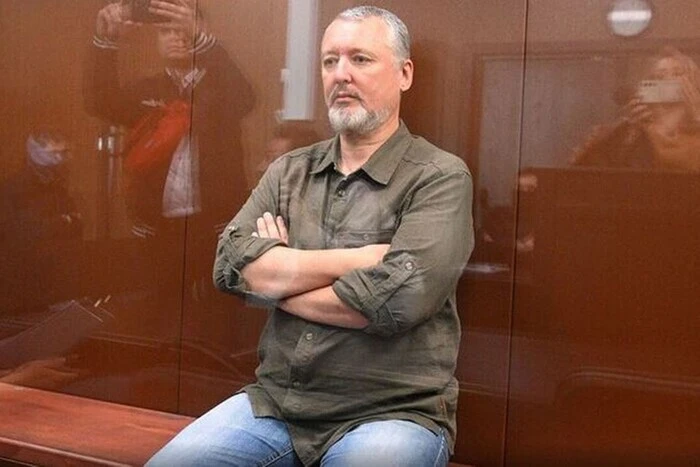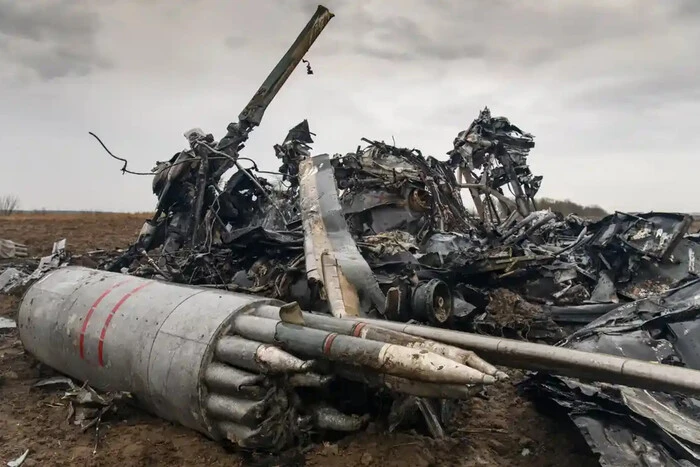Kiel Institute: Europe should reconsider its debt policy to strengthen security.


A group of experts, including the director of the Kiel Institute for the World Economy’s Research Center for International Finance, Christoph Trebesch, conducted a study analyzing the financing of defense spending in 22 countries over the past 150 years - from 1870 to 2020. They collected and analyzed statistics on government expenditures, tax revenues, and debts.
The analysis results showed that most countries have financed defense spending for a century and a half using budget deficits and borrowing, sometimes accompanying this with tax increases. Reductions in other government programs, such as education, healthcare, and social welfare, were rare exceptions.
Experts particularly point to the mistake made by Great Britain in the 1930s. The British Treasury, guided by the principles of a balanced budget, did not invest in defense until 1937, despite the growing military power of Nazi Germany. The negative consequences of this fiscal policy became catastrophic during World War II.
'Germany and Europe must avoid the serious mistake of British fiscal policy and act quickly and decisively,' emphasizes Trebesch.
Experts identify three main methods for financing growing defense needs: state borrowing, tax increases, and cutting other budget expenditures. However, the latter is rarely used and is less effective.
'Both theory and our empirical results confirm that Germany and Europe should rely on state borrowing to quickly increase defense spending,' notes Trebesch.
Analysts at the Kiel Institute emphasize Russian aggression as the main threat to European security.
'European security cannot be endangered by fiscal rules such as limits on defense spending. Germany and Europe must quickly and sufficiently invest in defense to deter further aggression from Russia,' the study states.
Experts propose a comprehensive approach to address the issue, including lifting restrictions on defense spending, creating special funding mechanisms at the European level, developing a strategy for managing the debt burden through increased tax revenues, and stimulating innovation in the defense sector.
'A major war in Europe will cost much more than the cost of effective deterrence today,' warns Trebesch.
Read also
- One of the commanders of the occupying 'militia' in Zaporizhzhia has been eliminated
- GUU agents incapacitated Russian military-industrial complex and army facilities in Kaliningrad: video
- Israel may eliminate Iran's leader Khamenei, - WSJ
- Terrorist Girkin considers Putin an idiot
- Enemy Losses as of June 15, 2025 – Armed Forces of Ukraine General Staff
- A military parade has started in the States for the 250th anniversary of the Army: live broadcast










